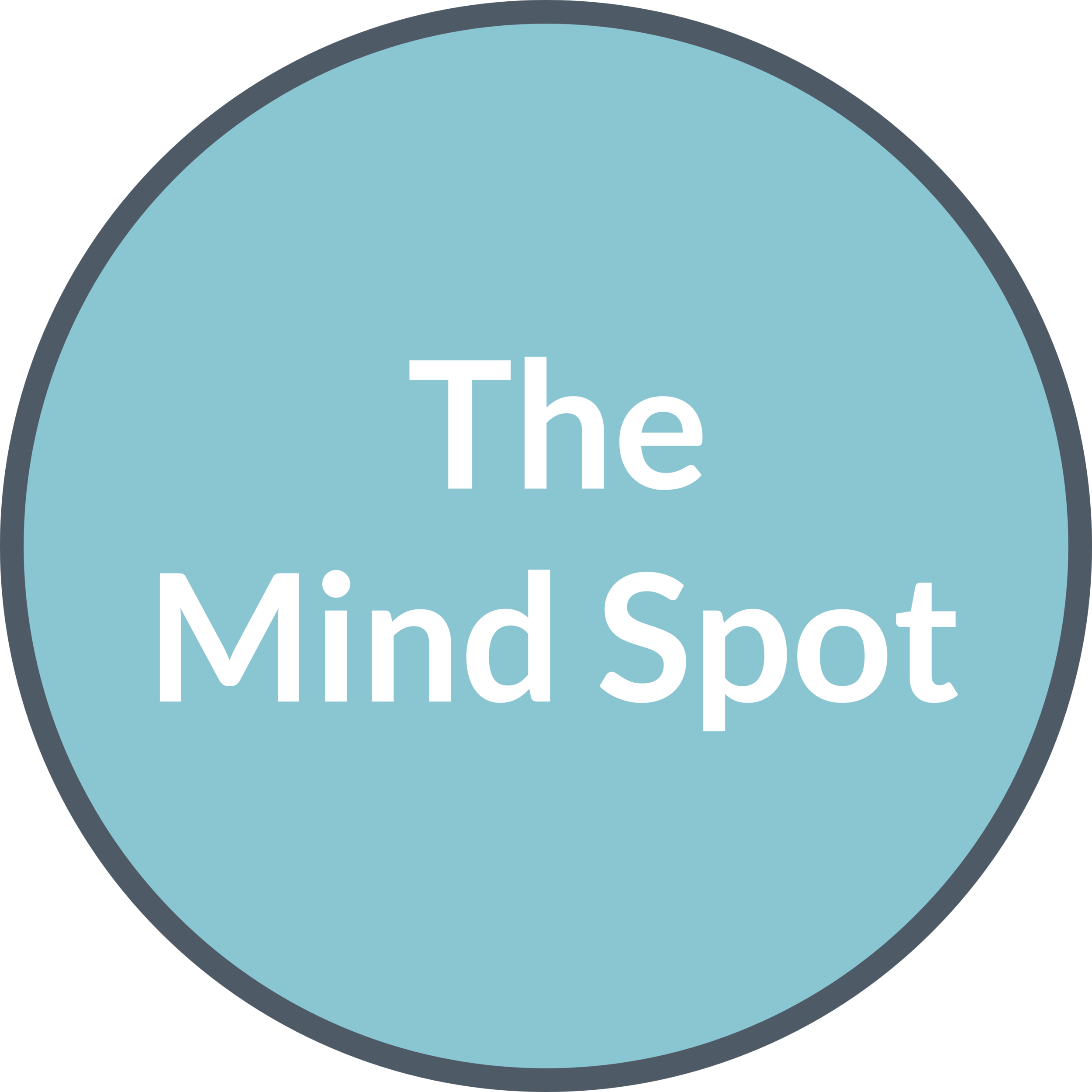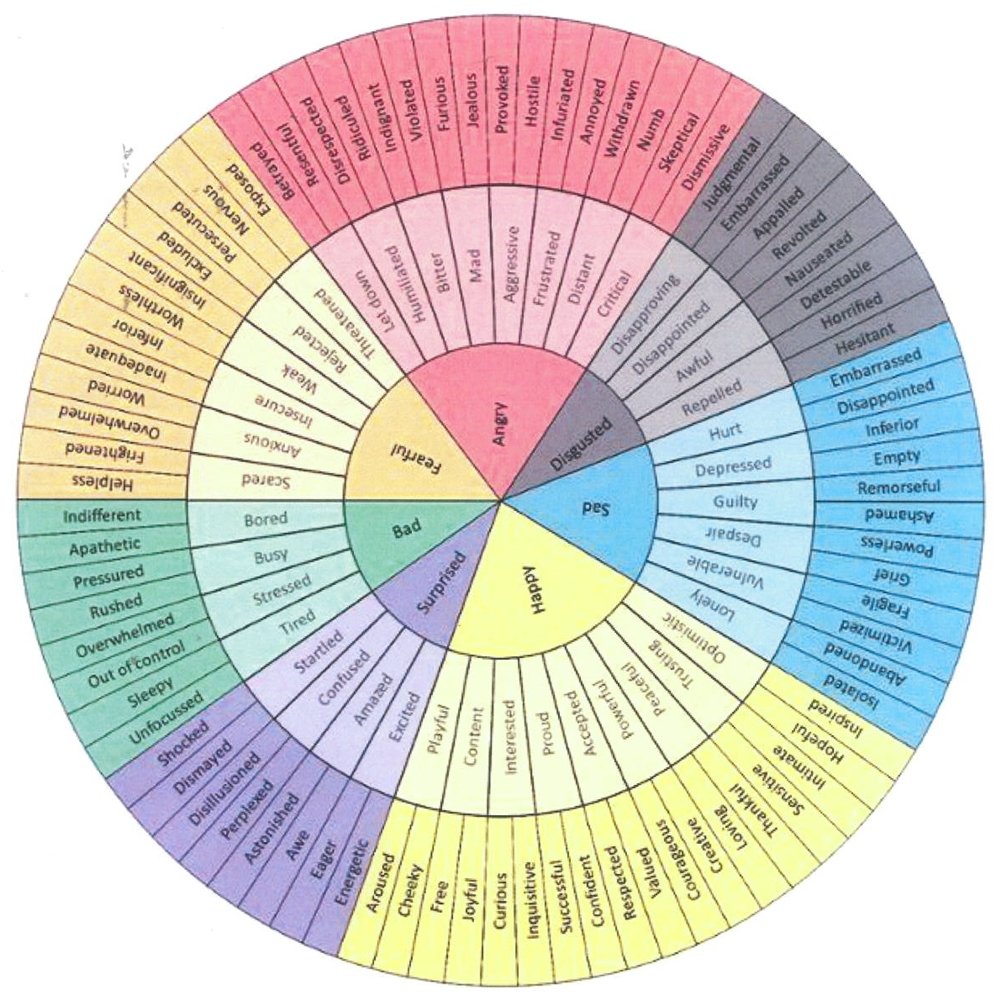It is the season of resolutions and change! Personally, I am not big on New Year’s resolutions. It just feels like so much pressure to change and change quickly. I like to think of change as gradual, intentional work that can be started any day of the year. As a therapist, I am always looking for tools and techniques that might facilitate steady and positive change for my clients… and myself! Journaling can be an amazing tool for anyone looking to make healthy changes, process experiences, and track progress.
Read MoreEven before the pandemic, our children and teens were beginning to show us signs of greater stress than generations that came before them. Chronic stress, from the pandemic, school pressures, or family discord is different. Left unchecked, long-term stress can contribute to both physical and mental health problems. Prolonged stress can cause high blood pressure, weaken the immune system, and contribute to diseases such as obesity and heart disease. It can also lead to mental health problems, such as anxiety and depression—disorders that are becoming more common in youth.
Read MoreAnger is a difficult feeling. It makes us want to destroy things and say hurtful things we later regret. When we look back at what we said and did when we felt angry, we feel sorry and wish we had done things differently. Therapy can help you learn about your anger and teach you how to manage it. This way, instead of acting out of anger or pushing it away, you will get curious about anger and allow it to pass before it gets out of control. Therapy is a safe place to learn more about yourself, try out new activities, and make new habits that will help you be happier, calmer, and more in control when you feel angry.
Read MoreAs an EMDR therapist, I am asked a lot, what is EMDR? EMDR stands for Eye Movement Desensitization and Reprocessing.
Have you ever felt a memory physically or had a disturbing reaction about a particular memory? EMDR believes that our past emotionally-charged experiences overpower our present emotions. Through EMDR processing, we can hold onto our memories by adapting them to a more neutral-feeling emotion. Together we can break through emotional blocks that keep us stuck and powerless to our feelings.
The word “failure” is defined as a lack of success. This can be a lack of success in any endeavor. It simply means that something did not go as planned or imagined. The word alone can trigger thoughts that evoke powerful feelings of pain, shame, and regret. The fear of failure can be paralyzing; it can keep us from starting projects, making decisions, or taking risks. It can prevent us from actively engaging in the world in ways in which we might like. But why? What if we could remove the judgement from our analysis of our failures and, instead, see them through a positive lens that would allow us to recognize and receive the gifts that can come from failure.
Read MoreWhile it definitely still feels like summer outside, fall and back-to-school are upon us. Excitement and anticipation are in the air! Students are preparing for new grade levels, new schools, fall sports and activities. They are excited about reconnecting with friends and exploring new groups. Unfortunately, the excitement of the new year also comes with the dreaded stress and anxieties of actually being back in school.
Students are back-to-school and back to facing many of the tough realities that come with it:
Performance expectations around grades
The emotional and physical toll that can come with Middle School and High School sports
Navigating friendships and relationships
Managing time and various commitments
Coping with the universal temptations of peer pressure and social media
Sleep – does anyone really get enough of it in today’s fast-paced society? Unfortunately, for many the answer would be no. Teenagers, in fact, are falling short and tend to accumulate “sleep debts” more than any other age group. The vast majority of teenagers don’t get anywhere near the recommended 9 to 9.5 hours a night, thanks to numerous factors. Less than 50% of adolescents get 7 hours per night. But whether they are getting 9 hours or not on a regular basis, the reality is that is what their brains need. The pacing of modern life, complex schedules, and the allure of technology doesn’t alter that fact.
Read MoreOh, the teen years! Such a confusing time for most. Identity development is a huge part of being a teenager, the time where we learn who we are, what makes us unique, and what makes us fit in. Teens who begin to explore their identity may feel lost and confused, some may even participate in harmful behavior to try to fit in. Low self-esteem and lack of acceptance in a positive peer group are some examples of factors that prevent the formation of a secure and positive self-identity. When a teen lacks this positive self-identity, they are more likely to engage in risky behavior, perform poorly in school, and act compulsively.
Read MoreIt is easy to get caught up and generalize our feelings in today's environment. Sometimes we cannot find the right words to describe our situation, and sometimes we just feel the same. We can often identify if we are experiencing a negative or positive emotion, but the specific feeling gets lost in our thoughts. For example, I have clients come into my office, and when asked how they feel this week, I usually get a response like, "well, this week was bad." It is easy for us to be engulfed in these emotions when we cannot correctly identify the emotion we are feeling or when the emotion changes. Enter the feelings wheel.
The Feelings Wheel was created by Dr. Gloria Wilcox to help differentiate and identify different sensations and feelings we are experiencing. By identifying and naming our specific emotions, we can better understand ourselves and our situation. This can lead us to determine our unmet needs and help us decide what the next step can be for ourselves or our family.
Read MoreThere are many misconceptions about depression, its causes, and the ways in which it manifests. Some of these misconceptions about depression include:
· Depression isn’t real, and depressed individuals should “just get over it.”
· Change your attitude and think positive thoughts, and you won’t be depressed.
· Depression is always preceded by a sad event or tragedy or is experienced the same as sadness.
· Depression is a sign of weakness.
· Depression is just part of life, and you have to live with it.
· Talking about depression only makes it worse.
· Depression looks the same for everyone who experiences it.
Read MoreAnxiety, Uncertainty, and Fear seem to be the words of the last two years, not to mention the words of the week with the current horrors unfolding in Ukraine. While young teens might not be as aware of these issues in the world; older teens, college students, and adults can become quickly overwhelmed with the 24-hour news cycle.
Self-Esteem, Self-Love, Self-Care, and Self-Motivation. These terms are ever present in our culture today and considered a means to access happiness, success, and abundance etc. Self-Esteem and Self-Love are similar, yet very fundamentally different and this is where I see most of my clients experiencing a block or disconnection between their mind, body, and spirit well being. Read More
Read MoreNew Year’s resolutions are a tricky thing. They can be lofty and grand, and at the same time they can quickly go by the wayside. It can be defeating to see our goals collapse, especially after only a few weeks (as those New Year’s resolutions typically do). So instead of setting goals for ourselves that are likely to not be met, or at least not to the extent that we wished, why not focus on a couple of other things? Specifically, being intentional about fortifying our relationships with our children and finding healthy ways to make life’s moments feel manageable. If we as parents put our energy toward these two aspirations, the returns across the year will be substantial. Read More
Read MoreStep into my office and you will find blank canvases, glitter glue, and a variety of paint and paintbrushes. Many of my clients are surprised when I invite them to paint with me. Some smile with delight at the opportunity to create something unique, while others express fear and hesitation because they don’t know what to paint. Read More
Read More“Should the cabin lose pressure, oxygen masks will drop from the overhead area. Please place the mask over your own mouth and nose before assisting others.” Many of us may have heard these words countless times. But what does it mean? Why would we take the time to put our own mask on first when there may be someone in need sitting next to us? This is a great example of self-care. Read More
Read More“Time for dinner!” This unassuming invitation to the table might be one of the simplest parenting hacks we can implement to not only build trust and improve relationships with our children, but to also increase academic performance, reduce possible drug/alcohol use, and improve symptoms of depression. Read More
Read More“It’s All About Perspective” is a mantra that highlights the power of dialectical thinking. Dialectical thinking refers to the ability to view experiences from multiple perspectives. A common pattern of thinking that we fall into often defines things in “black and white” terms. We are either strong or weak. We either love or hate something. We are either happy or depressed. Read More
Read MoreFor the third year in a row, our children are about to embark on a new school year that will once again be unable to be classified as “normal.” The Covid-19 Delta variant has created instability where stability was beginning to emerge, and this will further complicate the start of the 2021-22 school year. As we are all anticipating and wondering what might happen next with the pandemic, let’s be very intentional as parents about the priorities and goals we have for our kids this school year. First and foremost should be relationships, connection and empathy. Also, consistently ensure plenty of sleep, even for reluctant teens, as well as ample downtime and opportunities to play. Catching up, grade point averages, and test scores don’t need to be our focus. Reinforce to your kids that it’s always okay to ask for help and let them know you are forever in their corner. Let’s put our energy into fostering a sense of safety, security and resilience in our children. Then, learning and academic progress will follow.
Read MoreImposter syndrome. We’ve ALL experienced it. Let’s talk about what it means, how it impacts us, and most importantly, let’s figure out how to dial down the volume on its influence over our lives.
Let’s dive in. No matter how much evidence there is that we’re successfully navigating our lives, jobs or relationships, many of us hold false beliefs that we aren’t actually as capable, smart, or prepared as others think we are. This phenomenon is called imposter syndrome. Read More
Read More



















